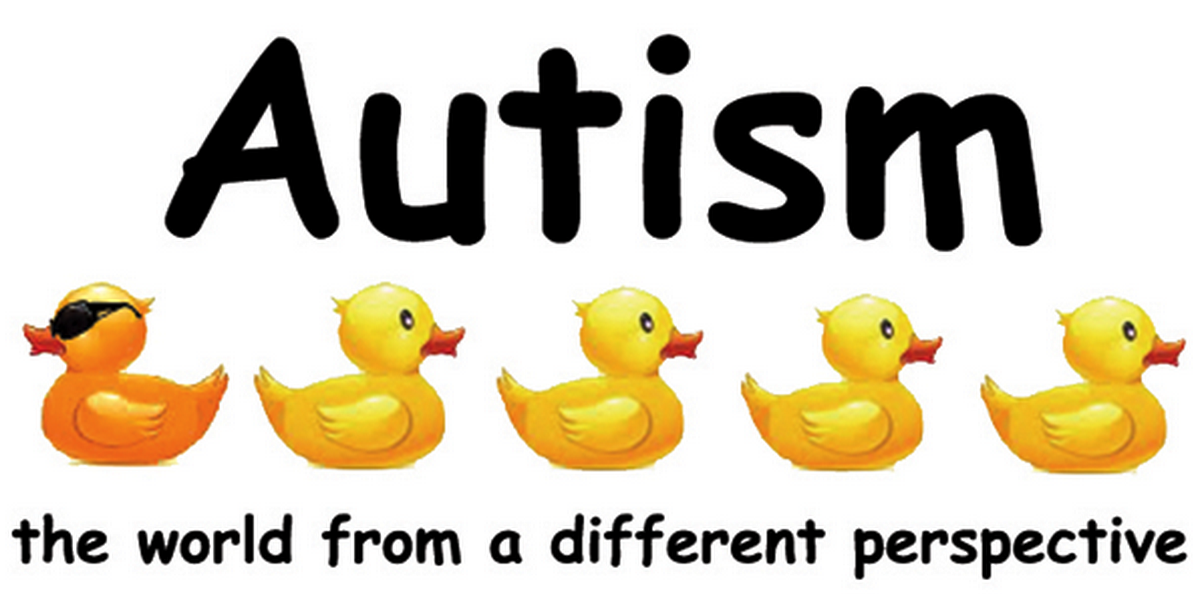Mental Health | Family history of mental / neurological disorders tied to ASD risk
Mental Health Studies | Familial aggregation of mental and neurological disorders is often observed in autism spectrum disorders (ASD),
...but reports have generally focused on single disorders and are limited to first-degree relatives.
OBJECTIVES:
To examine family history of mental and neurological disorders among first- to fourth-degree relatives and risk of ASD with and without intellectual disability.
A family history of mental and/or neurological disorders was associated with a significant increased risk for autism spectrum disorder (ASD) with and without intellectual disability (ID). The closer the relative with the family history of mental and/or neurological disorders, the higher the ASD risk.
Why this matters
The association was stronger for ASD without ID, suggesting ASD without ID may be more familial than ASD with ID.
Study design
* 567,436 index persons who were non-adopted singleton births born between 1984 and 2009 and at least 2 years of age at the end of follow-up were included.
Key results
* Having ASD without (OR, 9.0; P<.0001) or with (OR, 3.8; P<.0001) ID affected vs unaffected first-degree relatives increased odds of ASD without ID in index persons.
* Having first-degree relative with cerebral palsy (P<.01), epilepsy (P<.0001), or migraine (P<.0001) increased odds of ASD without ID in index persons.
* A first-degree relative with ASD with (OR, 14.2; P<.0001) or without (OR, 4.1; P<.0001) ID increased odds of ASD with ID in index persons.
* A first-degree relative with cerebral palsy (P<.01) or epilepsy (P<.0001) doubled odds of ASD with ID in index persons.
The more closely related the affected family member was, the higher the odds was of ASD for the index person. ASD without intellectual disability was associated with more disorders compared to ASD with intellectual disability.
ASD with intellectual disability exhibited a weaker familial association with other mental disorder diagnoses but a stronger familial association with some neurological diagnoses as compared to ASD without intellectual disability.




